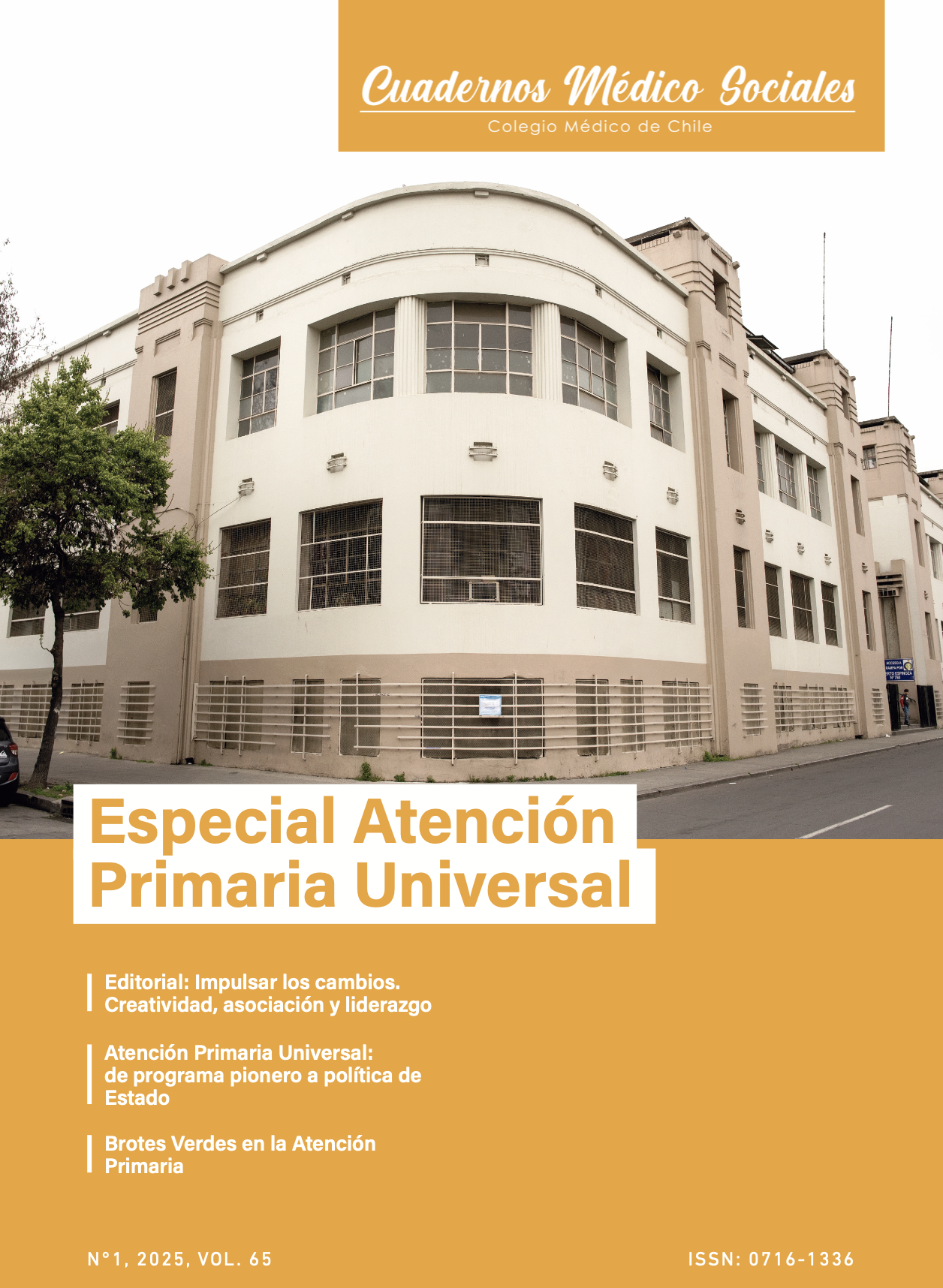Medical prognosis and terminal illness
DOI:
https://doi.org/10.56116/cms.v65.n1.2025.2274Keywords:
Euthanasia, terminal illness, medical prognosisAbstract
Hipocrates wrote about the crucial importance of a well founded prognosis, which came fairle easy to him since his medical practice did not interfir whith the natural course of disease, letting the vis medicatrix naturae determine whether de patient would die or cure. Along medical history, the prognosis became an unreliable instrument in the hands of medical practitioners, only to regain its importance in contemporar medical practice, where sophisticated diagnostic and therapeutic instrumentation makes anticipation uncertain and unpredictable.
Euthanasia is often discussed and legislated for "terminal patients", putting the authorized practice in the straightjacket of time and the medical certification that death is inminent. Under these conditions, patients have few options to make decisions about medical interventions that will have personal existential consequences that may conflict with medical criteria.
"Individual prognoes are necessary in every medicaldecision and, beyond that, they even legitimize every medical act" Wiesemann, C. 1998), provided they resepct the patients' needs and interesets.
Downloads
References
• Di Cesare, D. (2020). ¿Virus soberano? La asfixia capitalista. Madrid; Siglo XXI
• Wiesemann, C. (1998). The significance of prognosis for a theory of medical practice. Theoretical Medicine and Bioethics 19: 253-261
Downloads
Published
How to Cite
License
Copyright (c) 2025 Miguel Kottow

This work is licensed under a Creative Commons Attribution-NonCommercial-ShareAlike 4.0 International License.


